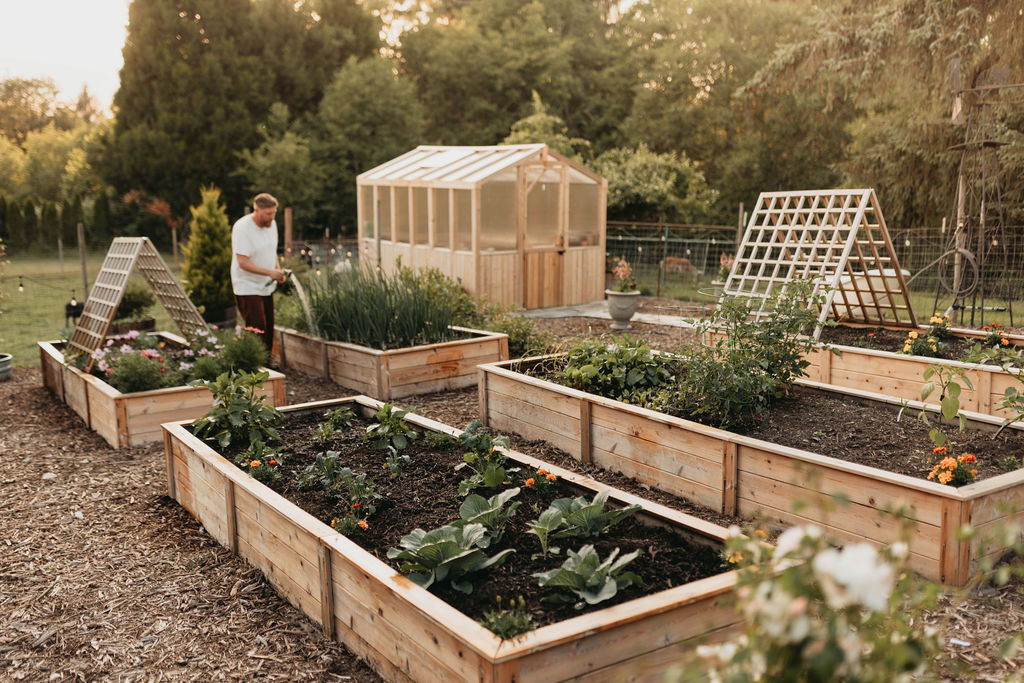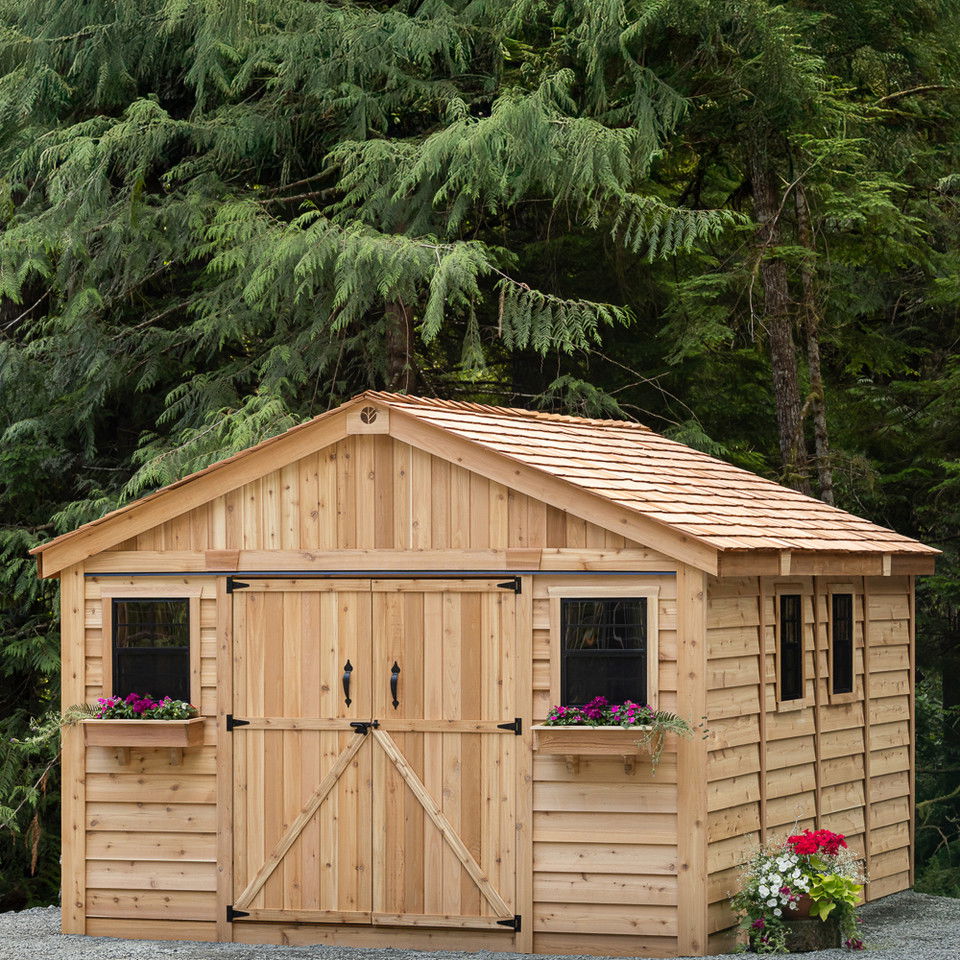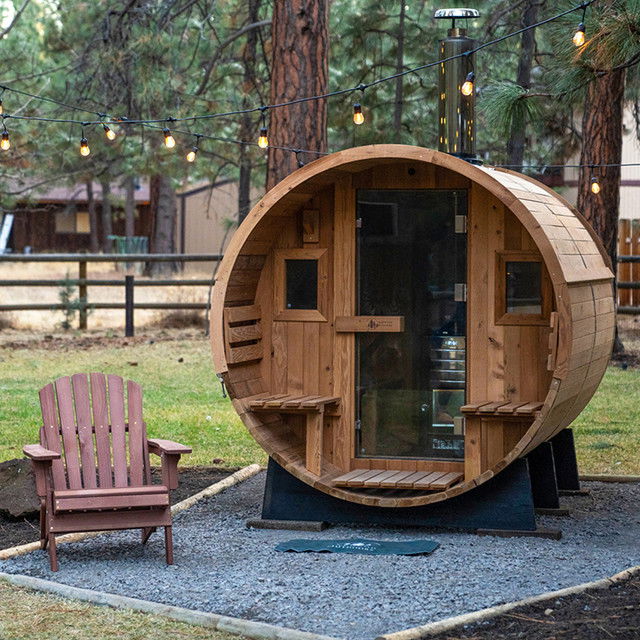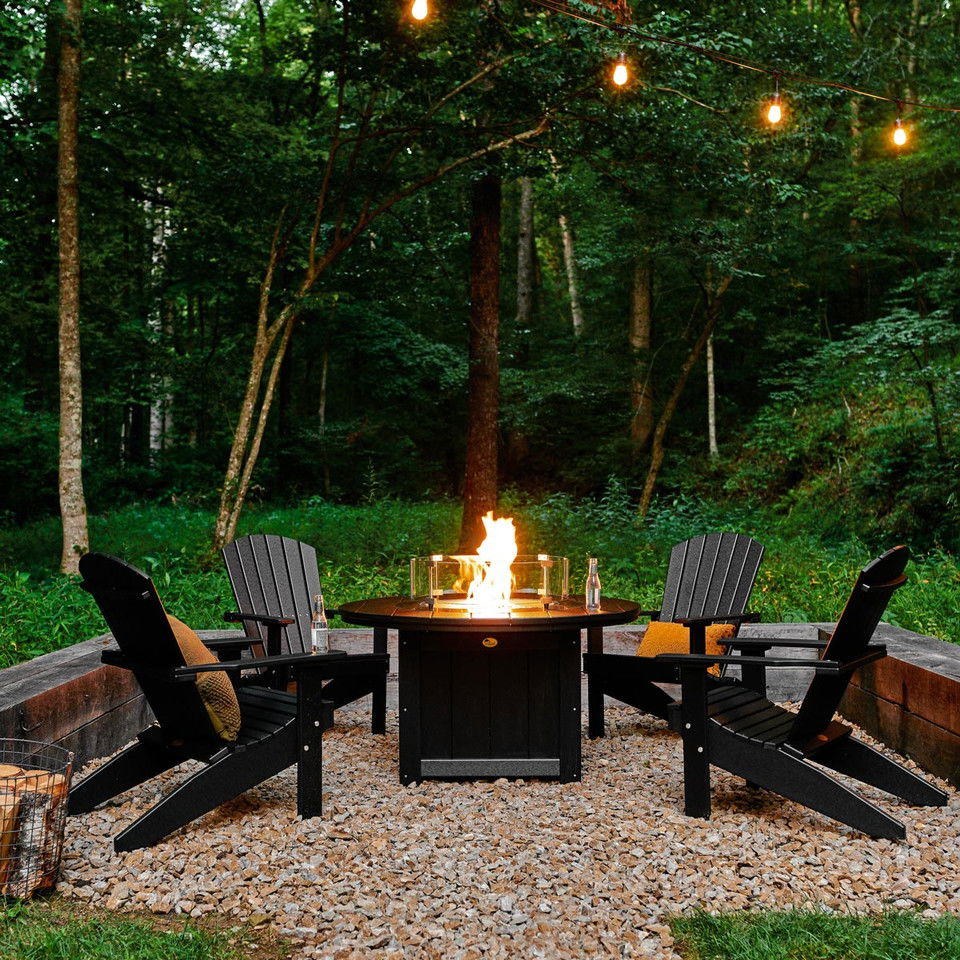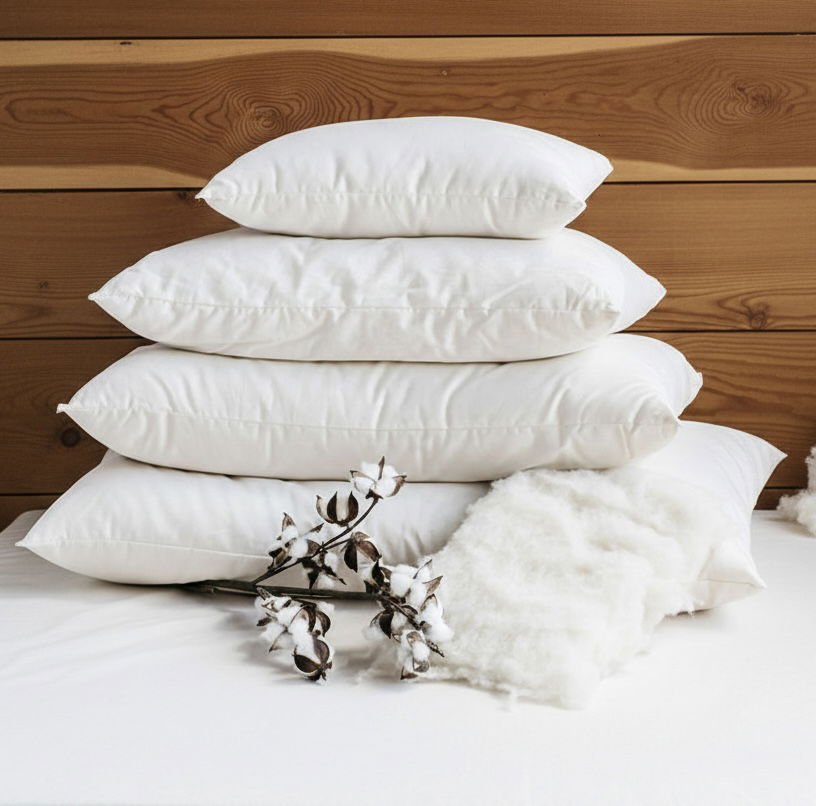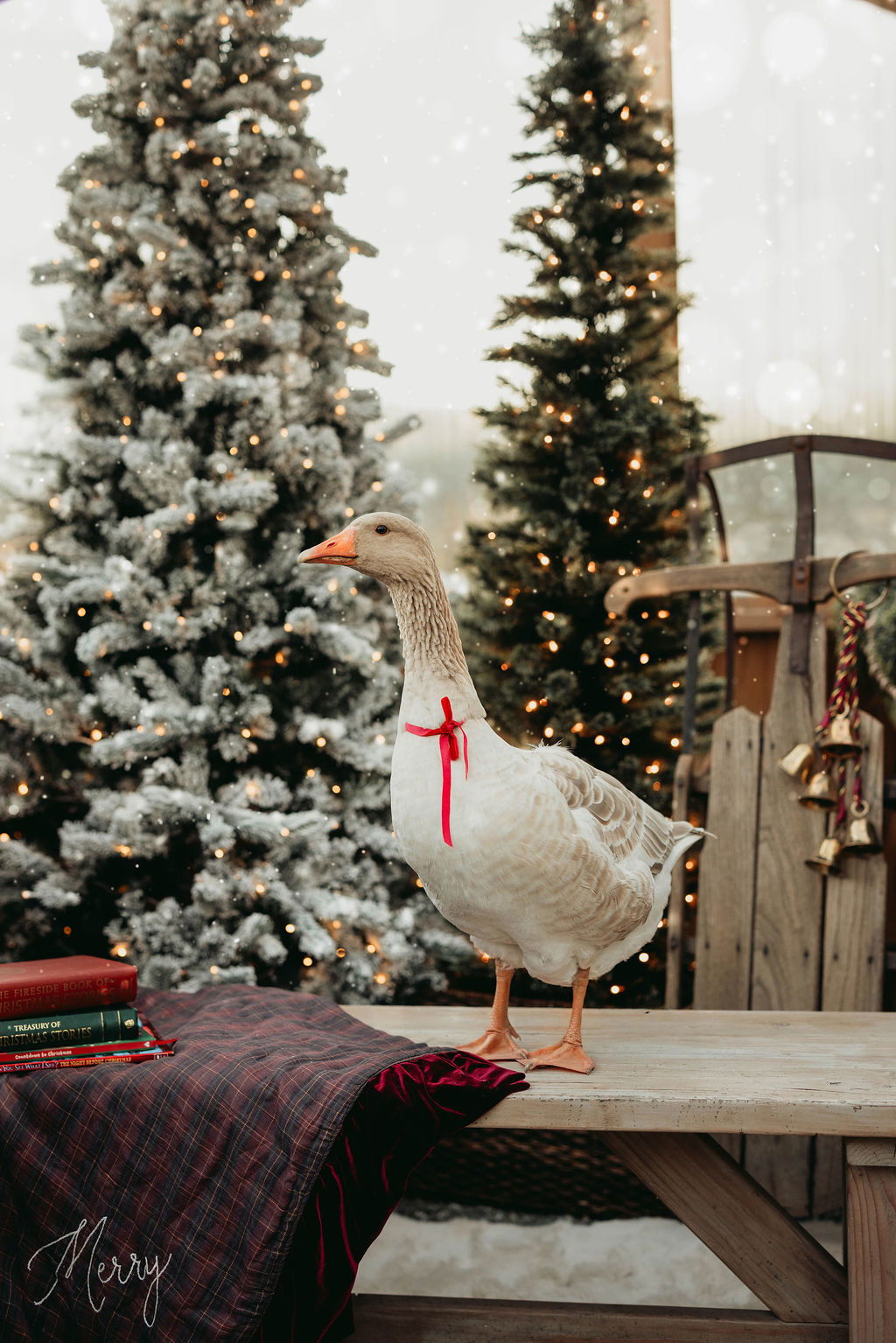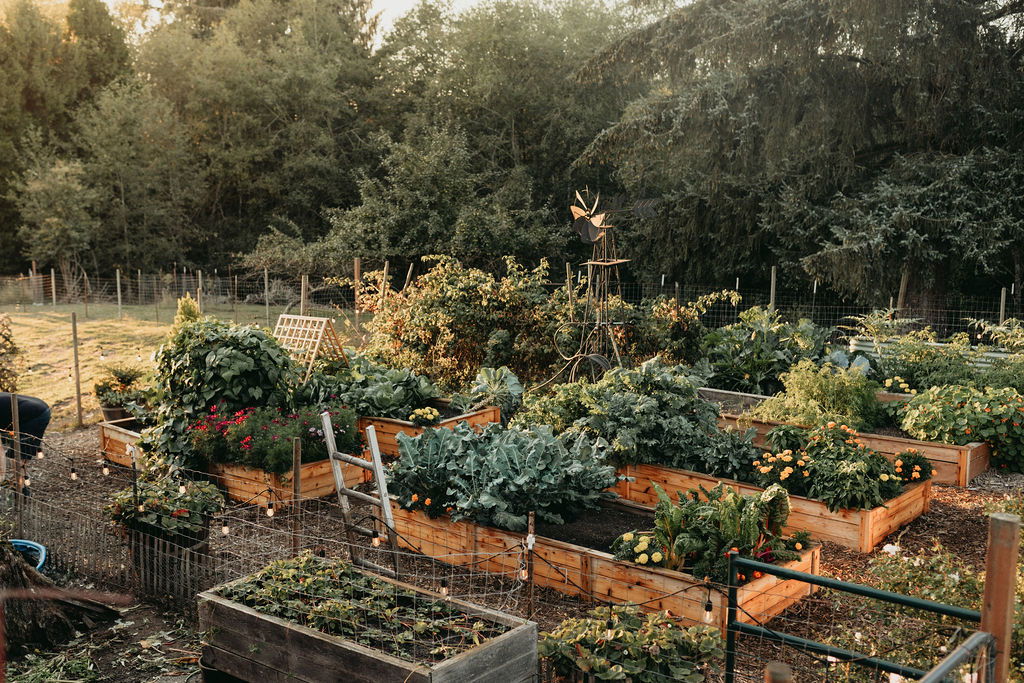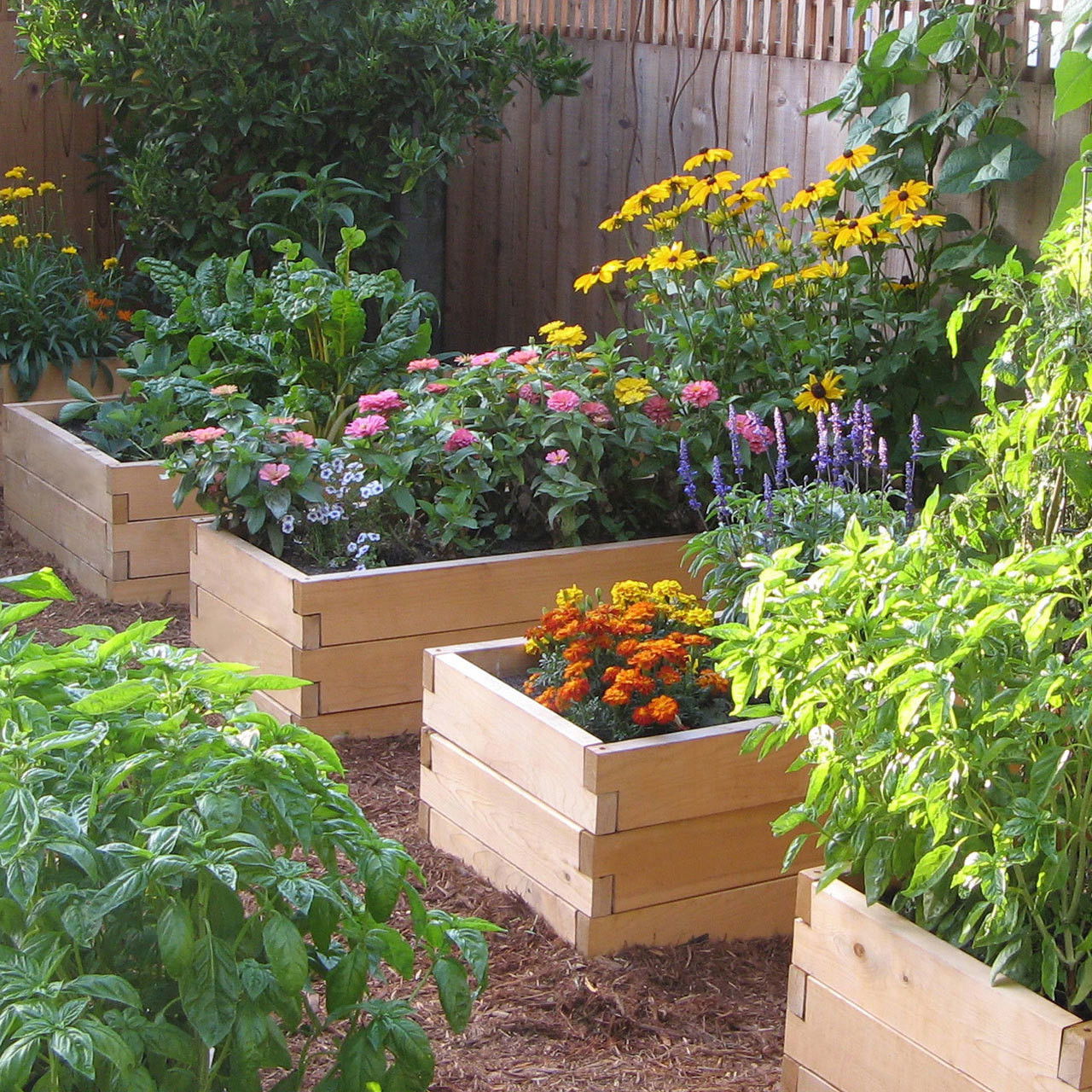Water conservation offers multiple benefits beyond lowering costly utility bills. Water is a fundamental factor in maintaining biodiversity as well as supporting ecosystems in sustainable farming. Conserving water around your home helps to protect the environment and prevents water pollution in lakes and rivers. This reduces greenhouse gas emissions and can prolong the lifespan of septic systems. It is also important for preserving natural habitats and enhancing food security within our communities.
There are numerous garden watering tools and supplies which make excellent additions to any flourishing garden. For example, self-watering, wooden planters help maintain consistent hydration levels.
Rain barrels collect excess rainwater from your roof, which can then be used to irrigate your plants. The untreated water is also a healthier option for your thriving shrubs. Soaker hoses are known to promote deeper root growth. As the water arrives directly to the root zone, waste is minimized due to evaporation.
Understanding water conservation principles
Creating a drought-tolerant garden reduces the need to water your garden as often. The health and condition of your soil is crucial for a healthy, beautiful lawn. If garden soil is high in organic matter, this largely improves water retention. The soil will absorb the water and release it gradually, creating longer-lasting moisture for the plants.
There are some methods you can use to help conserve water while still giving your garden what it needs. Things like watering at night when temperatures are cooler, recycling water, and checking for leaks are all ways to conserve water. Tools like a mechanical water timer helps to manage the length of time you irrigate your plants.
You can install automatic watering systems to ensure consistency and protection against drought. They can be convenient and are customizable, allowing you to adjust your settings to fit your individual needs. Here’s what you need to know about water conservation and the tools that can help.
Choosing the right tools to help conserve water
Choosing optimal tools should be an essential part of conserving water. Whether it is a rain barrel, soaker hose or tree ring soaker, contributing to water conservation will reward your garden handsomely.
Rain barrels are designed for capturing excess rainwater. The water can then be used for irrigating plants, washing your car, and toilet flushing. They can reduce stormwater runoff which can eventually cause erosion or lead to flooding.
Finding a high-quality soaker hose will enhance the dynamics of your garden. This tool will control water delivery and provide slow root zone watering. Targeting the roots results in the plants becoming healthier and more drought resistant. A soaker hose is perfect for keeping your vegetable garden in prime shape too, and reduces the risks of waterlogging. These soakers also aid in improving soil structure, and the deep watering can reduce the risk of pest invasions.
Drip irrigation is ideal for vegetables and landscaping and also targets the root zone, promoting healthy growth. If your garden has trees or woody shrubs, you might want to consider a tree-ring soaker hose which ensures slow-delivery irrigation.
If you want to conserve water successfully, it’s vital to use drought-tolerant lawn seed blends. These seeds are specifically formulated to require less water than traditional lawns, and they continue to thrive in dry conditions. This means that they are well-equipped to manage the elements even in regions most prone to droughts.
Importance of healthy soil for water conservation
For your soil to absorb and hold water, it's ideal to add organic matter. This vital garden watering tool not only improves the fertility of your soil, but highly improves water retention. Your plants will thrive from the extra moisture delivered, and it helps prevent soil erosion.
Organic matter has the added benefit of acting as a natural fertilizer, meaning nutrients are released gradually over time. Incorporating this addition to your gardening water systems will ensure all-round healthier plants and vegetables keeping them resistant to disease.
Incorporating water conservation principles into your gardening routine
Settling into a successful garden routine can take time. However, with the correct garden watering tools you can accelerate the health and growth of your greenery. Compost is packed with nutrients and broken down into the soil. Mulch can be used to protect your soil from erosion and fluctuations in temperature.
When added to your soil they both provide enhancements in soil health and deep hydration, while suppressing the growth of weeds. You can also recycle finished compost and mulched grass back into your lawn, which maintains healthy growth for longer.
Installing automatic water timers means you can accurately control the quantity and frequency of water your plants regularly receive. Scheduling watering times can be particularly useful to ensure you don’t overwater, and especially convenient if you are not always home.
Make sure to check faucets regularly for leaks. If you suspect a leak, dry everything with a towel and return an hour later to inspect the area.
Lastly, planting drought-resistant plants is a terrific way to save water. These plants require less watering and are well-equipped for surviving dry periods. If you can select plants native to your region, they will be more adapted to the conditions and climate. These transformations to your home and garden are an excellent way to maintain a thriving and resilient ecosystem.
